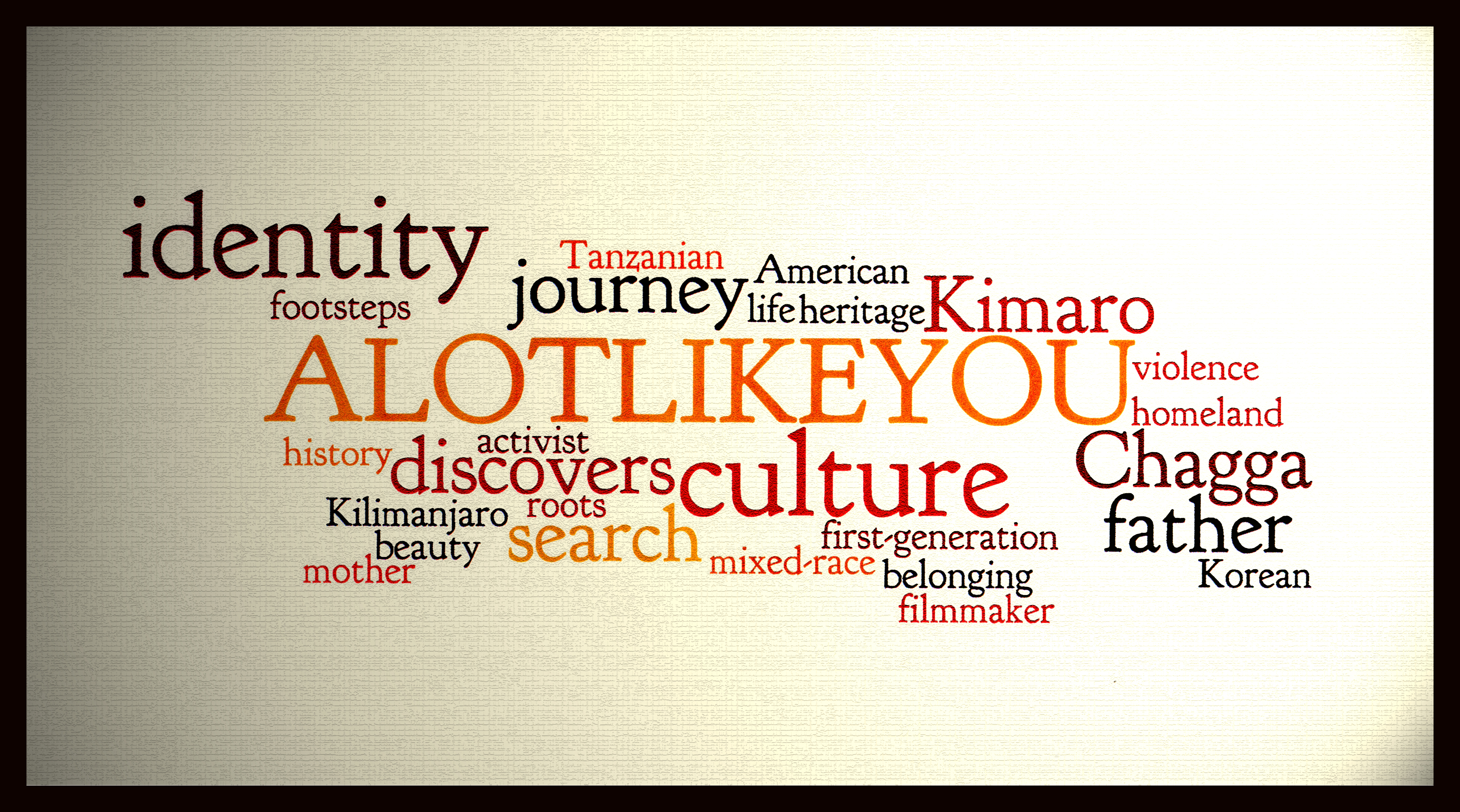in search of my father’s journey, i found my own…
December 29, 2010A Director’s Statement
Six years into the making of A Lot Like You, we were still trying to figure out its narrative framework. At this point, both Dad and I were narrating the film, which was problematic because our two interweaving storylines were not distinct and separate enough from each other. And figuring out where Dad’s journey should end and mine should take over was unclear.
Unclear, that is, until I sat down with my parents for one final interview. I had to ask them if they’d known about my Aunts’ experiences (please see our trailerfor reference.) And quite honestly, I wasn’t prepared for what they said, or how they said it. This conversation was transformative for me, both as a filmmaker and as their daughter, as it finally unhinged my storyline from my father’s. In that moment, I realized I had to assume the role of storyteller, intentionally and unapologetically, to tell the only story I was ever really qualified to tell. My own.
Days after our conversation, my brain was still churning over this idea of trans-generational trauma—and how surviving and perpetuating this trauma impacts a family/culture—both as a unit, and as individuals. And I realized that this is the lens I bring to the story. This path, of unpacking and healing from trauma, has been my path for the past 30 years. In fact, I’m probably closing in on my 10,000 hours of practice, and should be getting my Outlier badge from Gladwell any day now…
From my own experience, I’ve seen how brilliantly our minds process a traumatic event by fragmenting it and storing it in different parts of the brain and body. So those pieces remain completely tucked away—totally separate from each other, and from the ongoing story of a person’s life. But those pieces, left unattended, eventually seep in and start to erode away at the soul. And so my work around healing from trauma has been to recover those fragments, and integrate them into a single, cohesive narrative of my life. Each piece wholly considered.
And so my journey with this film is the same as in my life and in my work. Life imitates Art imitates Life. To break the silence, and then to help heal some of this trauma by re-integrating Chagga women’s stories back into the broader narrative of our family and culture. Not holding them apart. But folding them in. Including them…but not uncritically.
Examining the film through this lens, I have more spaciousness for how hard this last interview was on all of us. We all have our threshhold for the amount of pain and suffering we can handle before our defense mechanisms kick in and mercifully shut us down.
But as far as this path towards empathy, understanding, healing, and integration, I felt it was up to me to take this next step. And hopefully, in the process, pass along to my daughter a more complete representation of this Chagga culture that she’s inheriting.
As for how to decide what to pass on…I don’t think it’s as simple as keeping the good and chucking the bad. Because the bad is shaped by, and helps to inform, the good. The bad is a part of who we are, the bad is, in part, why Chagga women are so formidable. But the bad needs to be understood…through a critical lens. It needs to be called out, given its due, and integrated back into the fabric of culture—and not be kept apart, isolated, hidden. So the first thing I can do is to honor these women by sharing their stories. I’m not interested passing judgment on a culture, lest we forget there were no laws in the U.S. against raping and beating your wife until the 1970s. So it’s not like we were that much further along, in that sense.
I’ve heard people comparing this deeper notion of Culture to an iceberg. There’s the very tip of the iceberg that you can see—the songs, dance, folklore, art—basically the culture I originally set out to film. And then there’s the 95% of the iceberg that remains submerged, hidden underwater. The part of culture that informs our norms and values, and infuses every choice we make in our every day life on a subconscious level…notions of time, discipline, modesty, conceptions of beauty, status mobility, rules of descent, tempo of work, ideas of justice…
This is the part of culture that I’m steeped in now. Both seeing the parts of Chagga culture that my father internalized so deeply that he doesn’t even realize are there (his cultural blind spots,) and also recognizing the surprising ways in which I’m so much more Chagga than I realized.

